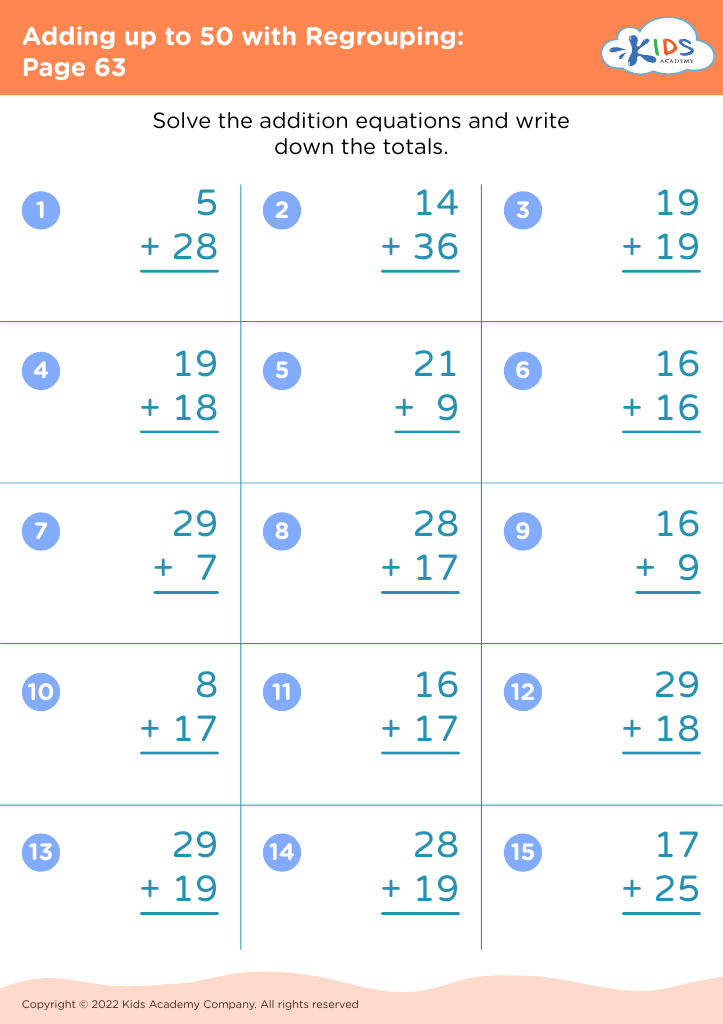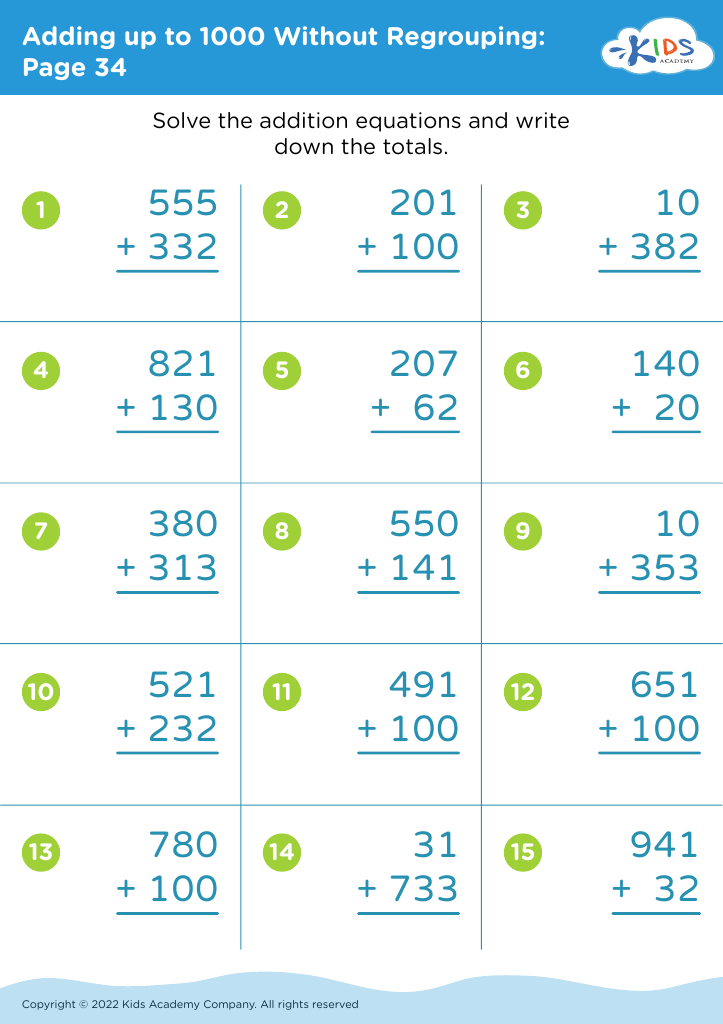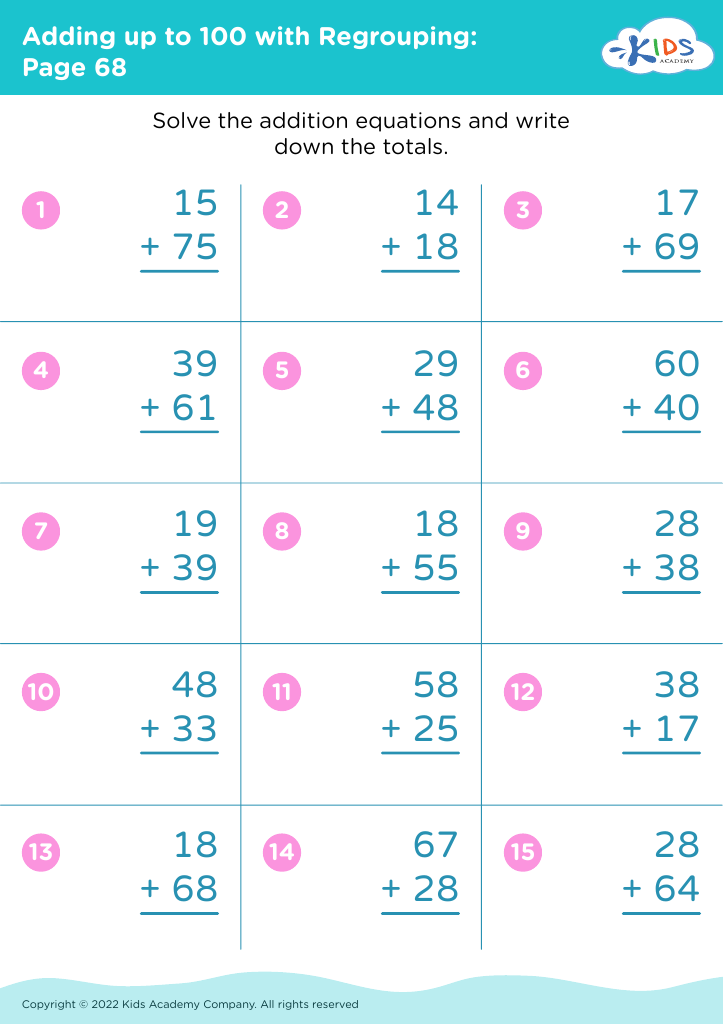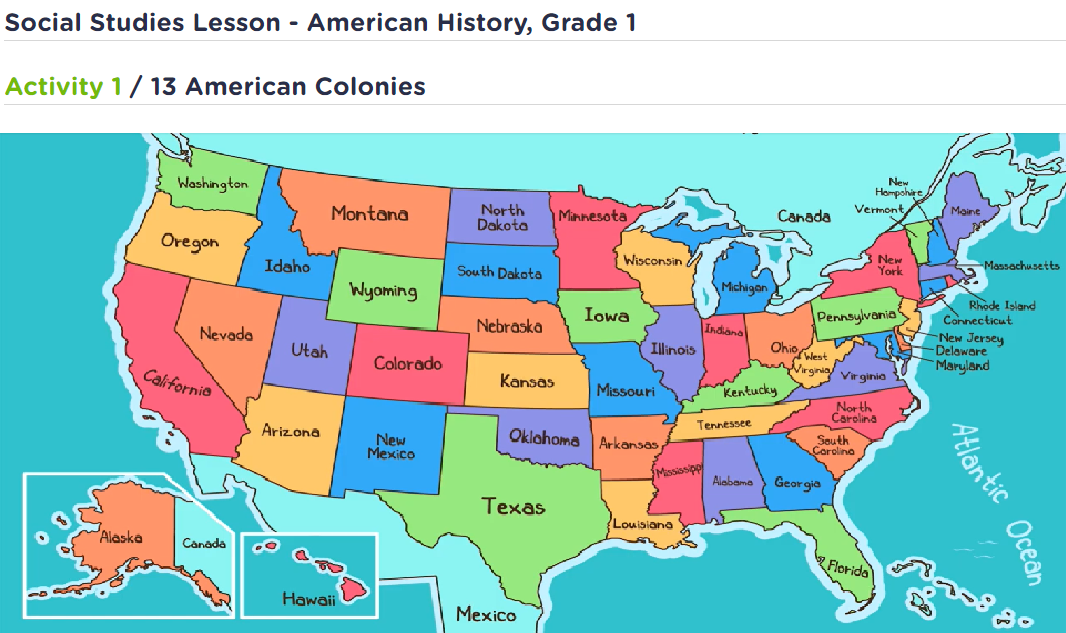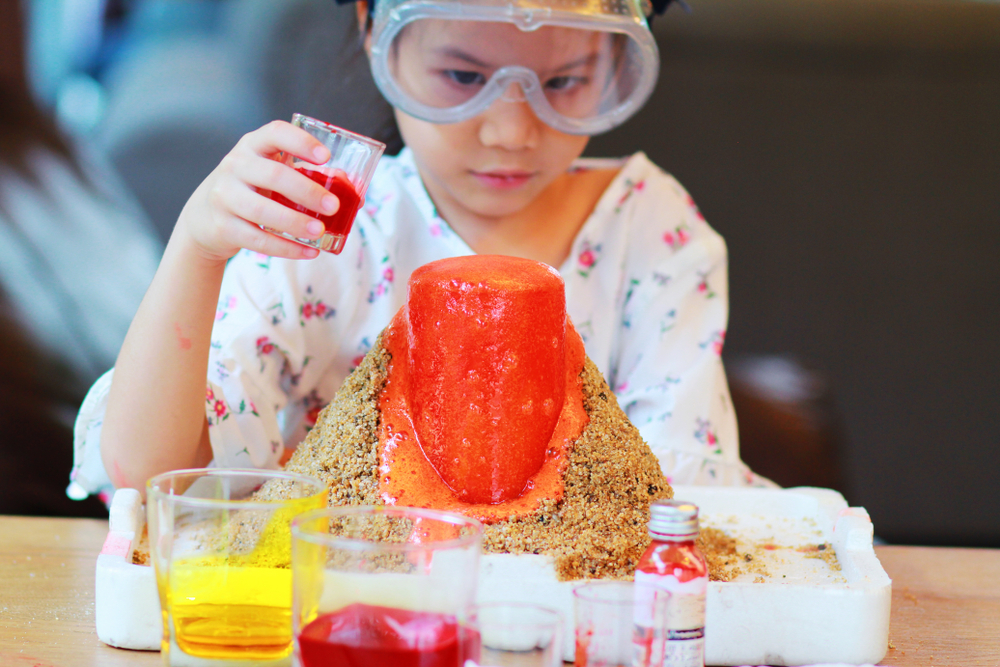Understand subtraction Worksheets for Ages 3-7
6 filtered results
-
From - To
Discover "Understand Subtraction Worksheets for Ages 3-7," designed to make learning subtraction fun and engaging for young minds. Our worksheets cater to early learners by providing colorful, interactive activities that simplify subtraction concepts through visual aids and relatable scenarios. These resources encourage hands-on practice, helping children grasp the basics of subtraction while building confidence in their math skills. Ideal for home or classroom use, our worksheets support diverse learning styles, ensuring every child can succeed. Get started today and watch your child flourish as they explore the world of subtraction in an enjoyable and stress-free environment!
Understanding subtraction is crucial for children aged 3-7 as it lays the foundation for their mathematical skills and overall cognitive development. In the early years, subtraction is not just about numbers; it's about comprehension of concepts like taking away, comparing quantities, and problem-solving. Mastering subtraction helps children develop critical thinking skills and enhances their ability to engage with the world around them. When children grasp subtraction, they learn to analyze situations, make decisions, and understand change.
Moreover, mastering subtraction at a young age bolsters confidence in handling more complex mathematical operations later on. As concepts build on one another, a strong foundation in subtraction can significantly ease the pathway to addition, multiplication, and division.
For parents and teachers, fostering this understanding includes supporting hands-on activities, using manipulatives, and integrating play-based learning. Engaging children through stories and real-life examples makes learning enjoyable. By prioritizing subtraction, adults can equip children with essential skills needed not only for academic success but also for everyday problem-solving. Ultimately, early subtraction skills influence children's capacity to navigate various challenges and enhance their lifelong learning experiences.
